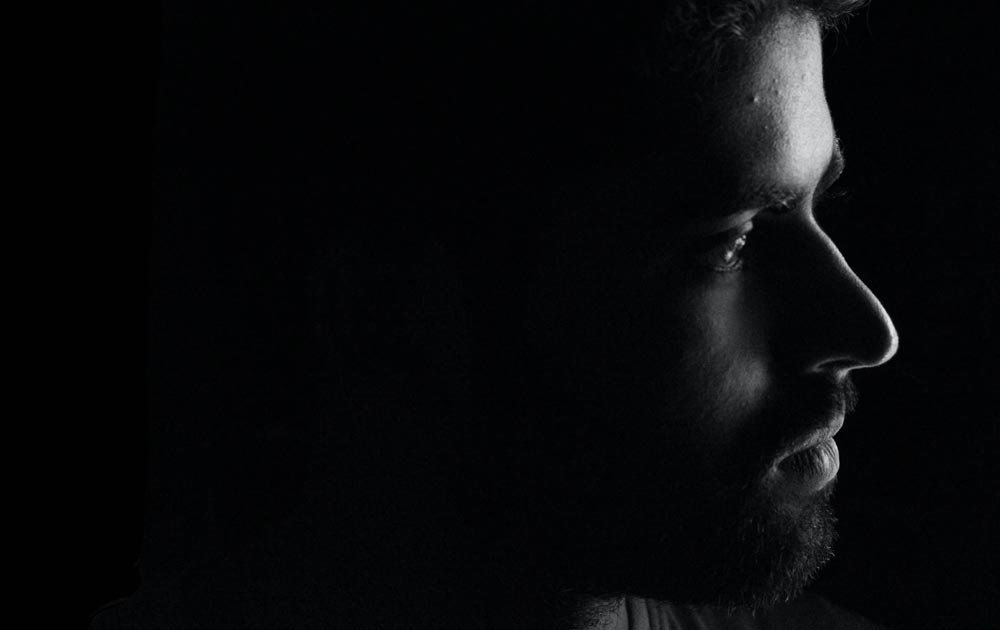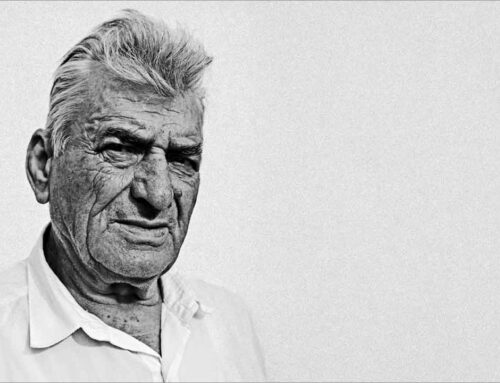Guest Blog by Theo Kuczek, MA, CPT, MFT
“Man-Up, you’re too sensitive, suck it up”
When someone is saying “you’re too sensitive” what they are really saying is….
“I see that you’re uncomfortable right now or affected by something that’s happening.”
“When I see your affectedness by this it makes me uncomfortable. It makes me uncomfortable because I don’t know how to be with you in your experience right now.”
You’ve heard countless versions of this statement from others and maybe you even say it to yourself sometimes. Clients often have shame around feeling “too sensitive” because they hear it from others in a shaming way. While I agree that the intent of the statement is to be shaming, (whether someone is aware of it or not) what’s really happening in an exchange like this is far from what it seems.
“While all this is happening unconsciously, admitting that the person feels ill-prepared to handle their own emotional response, to your emotional response (or their own sensitivity to you) makes them feel inadequate.”
Another way to say this is that they feel shame. They feel unable to handle their own sensitivity and emotional response. Because this is too shameful to consciously admit to themselves they respond by saying “oh you’re so sensitive.”
Next time you hear someone say “man-up” or “you’re too sensitive” remember that the person saying it feels like there is something wrong with them and that they are defending against that feeling of inadequacy by putting it onto you.
Your Sensitivity Is A Gift.
Don’t let anyone who’s not comfortable with their own sensitivity tell you otherwise
The nuance of this concept is very subtle and may take several times to read before the essence reveals itself. Read it. Re-read it and contact me to hear it explained via voice if it still feels beyond grasping.
Theo Kuczek is a licensed Psychotherapist (MFT123769) in the East Bay of San Francisco where he sees individuals and couples for psychotherapy, counseling, and coaching. He takes a holistic approach to his work with clients which can include ‘Exercise Psychotherapy’, a modality he developed as part of his dissertation for graduate school at John F. Kennedy University. You can reach him at EastBayHolisticTherapist.com






